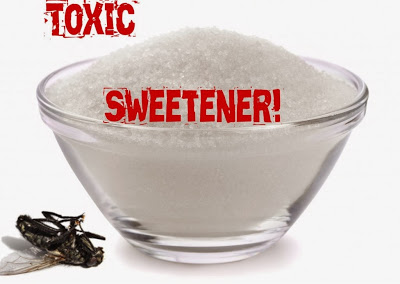| Online: | |
| Visits: | |
| Stories: |
Do You Use this Common Sugar Substitute that Doubles as an Insecticide?
With the dangers of sugar consumption – obesity, diabetes, inflammation, the list goes on – becoming increasingly well-known, the market for sugar alternatives is booming. As more and more research has also come to light on the dangers of artificial sweeteners, many people are on the lookout for a natural sugar replacement.
However, when searching for these products, we need to be exceedingly careful to read the labels, as many contain not-so-natural additives. Many brands of so-called “natural” sweeteners contain processed and potentially harmful ingredients, even if they are based around a natural, healthy (in its raw form) ingredient, such as stevia.
One example of this is Truvia, a sweetener manufactured by the Coca-Cola Company that is marketed as natural. The star of Truvia’s ingredient list is rebiana, a processed form of stevia.
This, in itself, is a red flag, as a processed version of a plant rarely resembles the real thing. What’s more, a new study performed at Drexel University has found that erythritol, a sugar alcohol found in Truvia, actually functions as an insecticide.
According to the researchers who performed the study, the experiment originated three years ago as a science project that lead author Daniel Marenda’s son, Simon Kaschock-Marenda, performed in sixth grade. The younger Marenda set out to test the effects of sugars and sugar alternatives on flies, and found that the flies that were exposed to Truvia died rather quickly.
Read more »
Source: http://www.riseearth.com/2014/06/do-you-use-this-common-sugar-substitute.html





